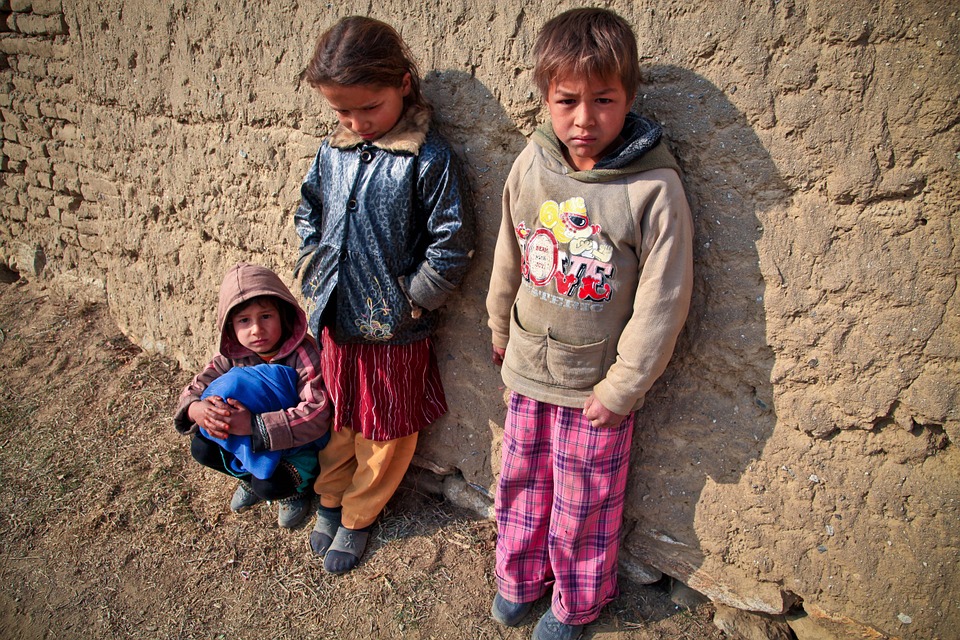Context
The report
"Hunger Hotspots" published last week by the UN's Food and Agriculture Organization and the World Food Programme said that "7.3 million Colombians are food insecure and in need of food assistance in 2022.
In news
Colombia took umbrage at being included in a report by UN agencies on 20 "hunger hotspots," demanding to be removed from the list of countries considered at risk of
"acute food insecurity."
Why?
- The report had blamed the situation in Colombia on "a combination of political instability, economic challenges and the ongoing impact of the regional migratory crisis amplified by internal displacement."
- It also highlighted a lack of food security for 1.1 million Venezuelan migrants who fled their country and now live in Colombia.
Report Highlights
- According to the Hunger Hotspots Report from the World Food Programme (WFP) and Food and Agriculture Organization (FAO), Ethiopia, Nigeria, South Sudan and Yemen remain the countries of highest concern.
- According to the most recent assessments, all four countries had areas where people were experiencing, or projected to experience, starvation and death (IPC Phase 5), requiring the most urgent attention.
- The report shows that the links between hunger and conflict are complex and far-reaching.
- These trends are likely to continue in Myanmar, Central African Republic, the Democratic Republic of the Congo, Central Sahel, Sudan, South Sudan, Somalia, the northern parts of Ethiopia, Nigeria and Mozambique.
Hunger Hotspots Report
- Recently, the Food and Agriculture Organization (FAO) and the World Food Programme (WFP) released the Hunger Hotspots Report.
- The 2021 Global Food Crises Report released in May 2021 had already warned of acute food insecurity, soaring to a five-year high which was contributed by conflict, economic shocks (including due to COVID-19) and extreme weather, pushing at least 155 million people into acute food insecurity in 2020.
- The 23 hotspots are Afghanistan; Angola, Central African Republic, Central America (Guatemala, Honduras, Nicaragua), Central Sahel (Burkina Faso, Mali and the Niger), Chad, Colombia, the Democratic Republic of the Congo, Democratic People's Republic of Korea, Ethiopia, Haiti, Kenya, Lebanon, Madagascar, Mozambique, Myanmar, Nigeria, Sierra Leone together with Liberia, Somalia, South Sudan, Sudan, Syria, and Yemen.
- Ethiopia, Madagascar, South Sudan, northern Nigeria and Yemen are among 23 where acute food insecurity will worsen from August through November 2021.
Source: DTE





